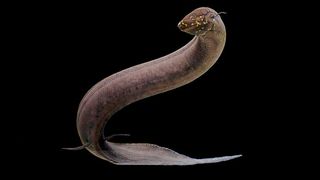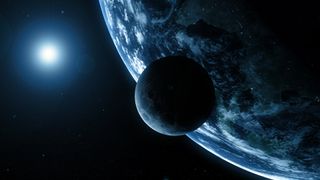
Tia Ghose
Tia is the editor-in-chief (premium) and was formerly managing editor and senior writer for Live Science. Her work has appeared in Scientific American, Wired.com, Science News and other outlets. She holds a master's degree in bioengineering from the University of Washington, a graduate certificate in science writing from UC Santa Cruz and a bachelor's degree in mechanical engineering from the University of Texas at Austin. Tia was part of a team at the Milwaukee Journal Sentinel that published the Empty Cradles series on preterm births, which won multiple awards, including the 2012 Casey Medal for Meritorious Journalism.
Latest articles by Tia Ghose

Alexander Fleming wakes up to funny mold in his petri dish, and accidentally discovers the first antibiotic — Sept. 28, 1928
By Tia Ghose published
Science history Alexander Fleming was doing experiments with bacteria when he woke up to a strange mold growing in his petri dish. The "mold juice" would usher in the first antibiotic, penicillin, and would revolutionize medical care for bacterial infections.
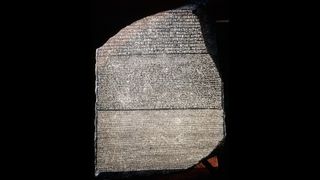
Science history: Rosetta stone is deciphered, opening a window into ancient Egyptian civilization — Sept. 27, 1822
By Tia Ghose published
On Sept. 27, 1822, French philologist Jean-François Champollion announced that he had deciphered ancient Egyptian hieroglyphics, using the Rosetta stone. This ushered in a new craze for Egyptology and helped us understand one of the world's longest-running civilizations.
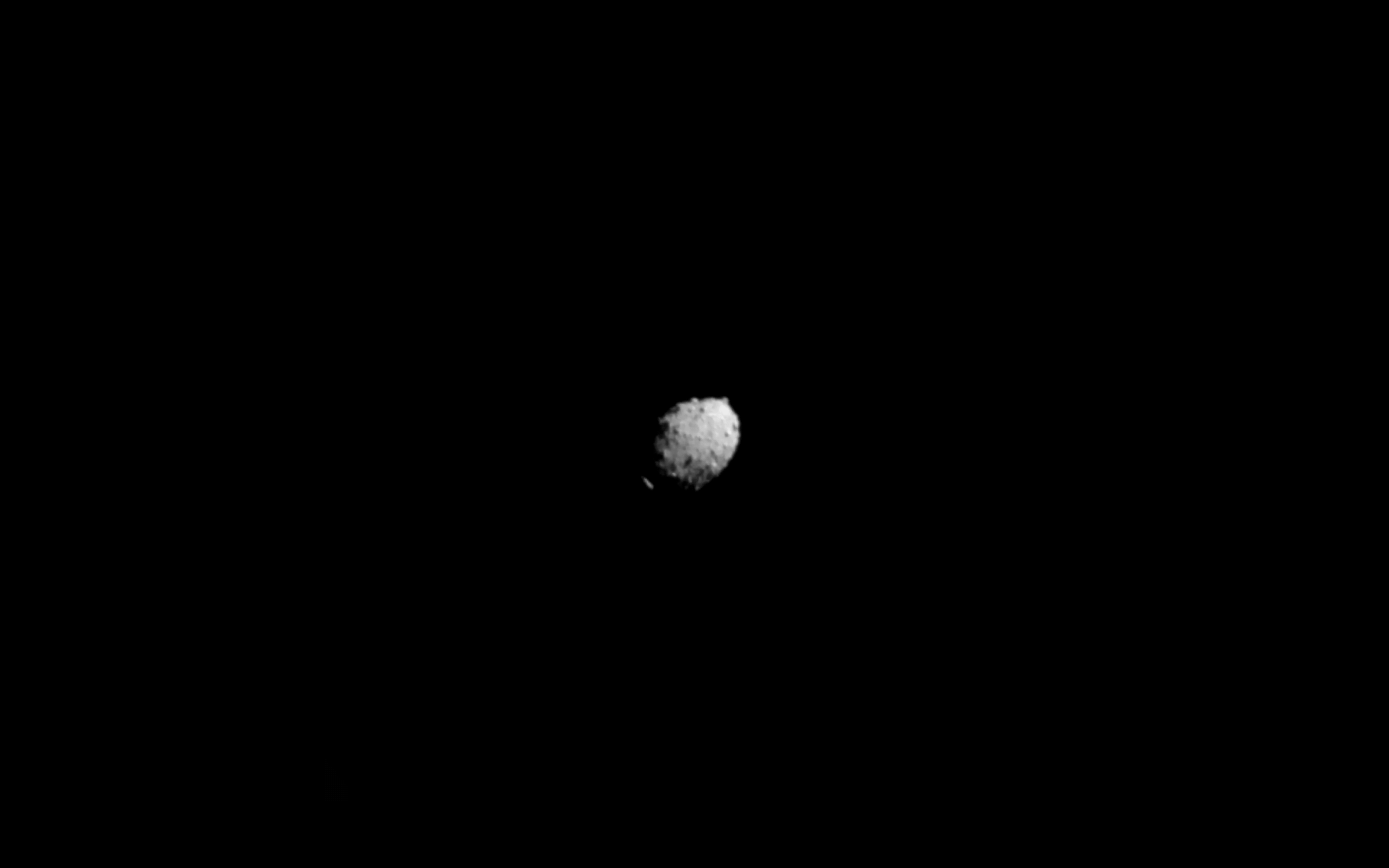
Science history: DART, humanity’s first-ever asteroid deflection mission, punches a space rock in the face — Sept. 26, 2022
By Tia Ghose published
On Sept. 26, 2022, NASA's Double Asteroid Redirection Test craft smashed into its target, the hazardous asteroid Dimorphos, and raised hopes that a space rock could be deflected from a collision course with Earth.

A tragic gene therapy death that stalled the field for a decade — Sept. 17, 1999
By Tia Ghose published
Sept. 17, 1999: Jesse Gelsinger died after receiving a gene therapy treatment to treat a liver disease. The death sparked an investigation and caution around gene therapy, which ultimately stalled the field for years.

Science history: Gravitational waves detected, proving Einstein right — Sept. 14, 2015
By Tia Ghose published
When LIGO detected gravitational waves unleashed from two colliding black holes for the first time in science history, it set off a whole new era in astronomy.

The 21 largest recorded earthquakes in history
By Tia Ghose last updated
Countdown A handful of regions around the world regularly unleash terrifyingly large earthquakes. Here are the 21 largest earthquakes on record.

Mathematics: Facts about counting, equations, and infamous unsolved problems
By Tia Ghose last updated
Discover interesting facts about mathematics, who invented it and the most famous unsolved problems.

Science news this week: Possible signs of life on another planet and a 'useless' female organ
By Tia Ghose published
April 19, 2025: Our weekly roundup of the latest science in the news, as well as a few fascinating articles to keep you entertained over the weekend.
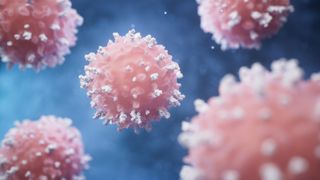
Scientists make 1-of-a-kind immune cells to guard transplants from attack
By Tia Ghose published
Scientists have designed special immune cells that protect transplanted pancreatic cells from attack in mice.
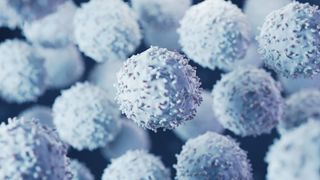
'Like a reset button on a computer': Designer cells 'reboot' immune system in 3 different autoimmune diseases
By Tia Ghose published
A small trial used designer CAR T cells to reboot the immune systems of patients with three autoimmune diseases, but it's still too early to say whether the treatment works in the long term.
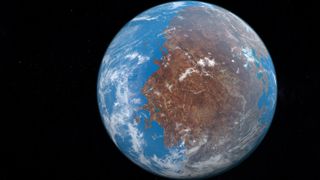
Pangaea: Discover facts about Earth's ancient supercontinent
By Laura Geggel, Tia Ghose last updated
Pangaea is Earth's most recent supercontinent, which existed 320 million to 195 million years ago.
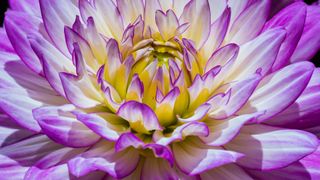
What is the Fibonacci sequence?
By Tia Ghose last updated
Almost everything you know about the famous Fibonacci sequence is wrong.
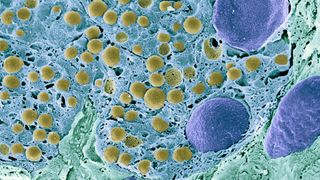
In a 1st, scientists reversed type 1 diabetes by reprogramming a person's own fat cells
By Tia Ghose published
Scientists reprogrammed a woman's fat cells to become insulin-making beta cells, reversing her type 1 diabetes.

The 9 most massive numbers in existence
By Tia Ghose last updated
From the humble trillion to Graham's number, here are some of the most massive numbers ever conceived by humans.
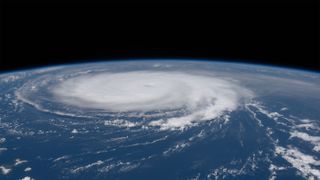
Hurricane season 2024: How long it lasts and what to expect
By Tia Ghose last updated
This guide to the Atlantic hurricane season of 2024, includes predictions, tropical storm science, naming conventions and storm safety tips.

Space photo of the week: Space X's Polaris Dawn astronauts 'touch the void' on 1st-ever private spacewalk
By Tia Ghose published
SpaceX Polaris Dawn astronaut Jared Isaacman briefly "touched the void" as he embarked on the first-ever private spacewalk Thursday (Sept. 12).
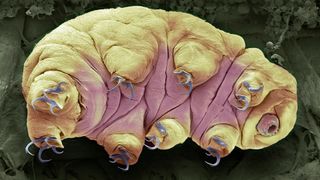
Tardigrades: Facts about one of the hardiest animals on Earth, and beyond
By Mindy Weisberger last updated
Reference Tardigrades, often called water bears or moss piglets, are near-microscopic animals that are extremely resilient.
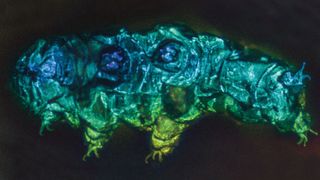
1st tardigrade fossils ever discovered hint at how they survived Earth's biggest mass extinction
By Elise Poore published
Detailed 3D images of the first tardigrade fossils ever discovered help scientists predict when tardigrades evolved their near-indestructibility — a trait that might have helped them survive multiple mass extinctions.
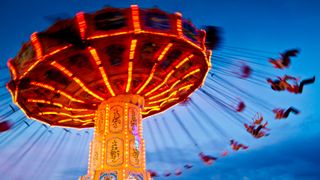
What are centrifugal and centripetal forces?
By Jim Lucas last updated
reference Centrifugal and centripetal are two closely related forces that describe circular motion, but the meanings are often mixed up.
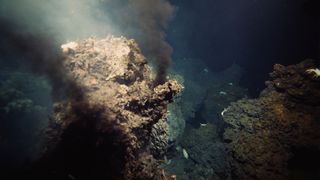
Defense system common to all life came from 'Asgard'
By Tia Ghose published
Defense systems found in all complex life, including the human body, came from primeval microbes known as 'Asgards.'
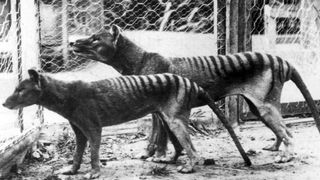
Tasmanian tiger: Facts about the extinct thylacine
By Tia Ghose published
Discover interesting facts about where the Tasmanian tiger lived, what it ate, why and when it went extinct, and whether we could ever bring one back.
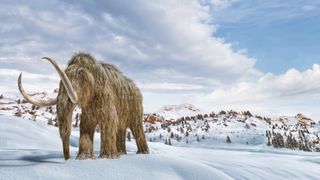
Woolly mammoths: Facts about these extinct, shaggy beasts that once roamed the Arctic
By Tia Ghose last updated
The woolly mammoth, a cousin of today's elephants, died out about 10,000 years ago. It may be possible to bring them back by cloning, but should we?
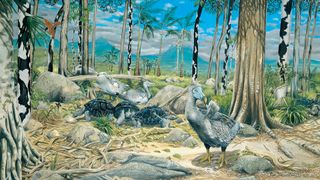
Dodos were fast and powerful, not slow and inept, definitive preserved specimen suggests
By Tia Ghose published
A new study has cleared up misconceptions about the extinct dodo, identifying the reference specimen for the species and showing they were fast and powerful.
Get the world’s most fascinating discoveries delivered straight to your inbox.
